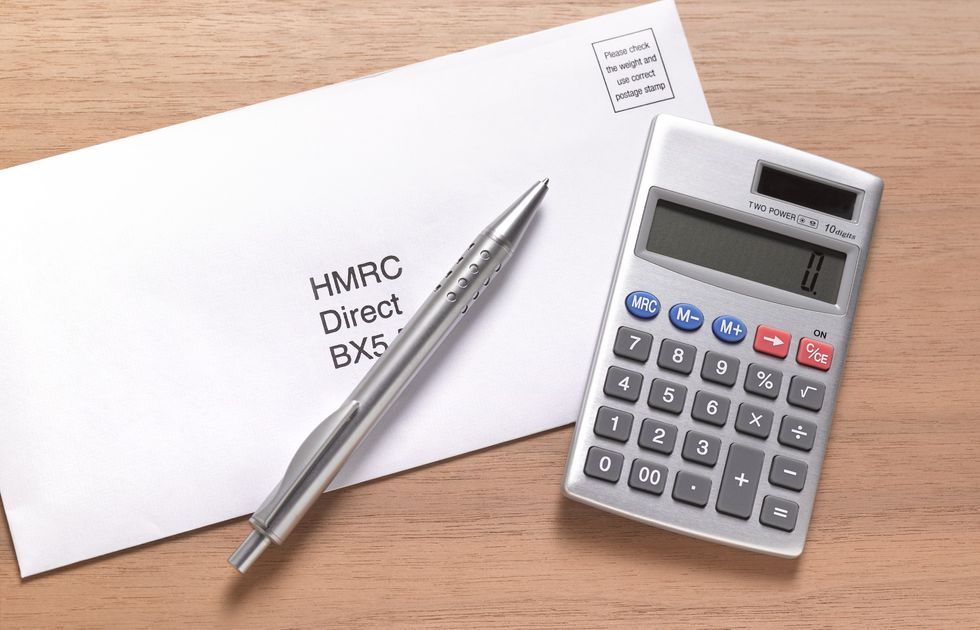HMRC will change its rules within days
PA
Side hustles are useful ways for people to boost their income but upcoming changes to HMRC tax rules could affect Etsy and Vinted sellers
Don't Miss
Most Read
Trending on GB News
Britons who use second hand selling platforms, such as Vinted and Etsy, could be hit with ‘hefty’ fines from HM Revenue and Customs (HMRC).
Recent tax rule changes are set to be introduced in the New Year which could affect people who operate a side hustle via these apps.
As of January 1 2024, Etsy, Vinted and other side hustle platforms will be required to collect data on how much users make.
This information will then be reported directly to HMRC which will make sure entrepreneurs are reporting all the income they make.

Side hustlers are using apps like Etsy and Vinted
GETTY
Ahead of this date, side hustlers are being urged to report any income as part of their Self Assessment tax return.
Those who fail to do this could be slapped with sizable tax charges by HMRC.
The tax authority will be able to easily track down Vinted and Etsy users’ earnings information thanks to this rule change.
As such, experts are sounding the alarm and calling on side hustlers to take action now before it is too late.
Mike Parkes, the technical Director at GoSimpleTax, believes selling on platforms such as Vinted and Etsy is a “great way” to bolster your income but warned that side hustlers need to be aware of the potential tax pitfalls.
He explained: “Earning £1,000 in a year might seem like a large amount, but that can easily be exceeded if you earn more than £84 a month across a year.
“Selling large items, second hand designer clothes and accessories or even unwanted baby clothes could see this capped amount of casual income easily be met, and many won’t realise that they need to be liable for tax and income payments to HMRC if they earn above this limit set by the Government.
“Putting money aside for tax throughout the year is the best way to ensure you’ll be prepared for when it’s time to complete a Self Assessment tax return, which is due by January 31.”
LATEST DEVELOPMENTS:
 HMRC could charge taxpayers who fail to meet the deadline GETTY
HMRC could charge taxpayers who fail to meet the deadline GETTY The tax expert urged Etsy business owners to “take control” of their finances to avoid facing hefty fines from HMRC.
Mr Parkes added: “With the countdown ticking until the deadline, it can seem daunting to pay tax if money isn’t set aside but there are always options available and the earlier you can start considering them, the better off you will be.
“The first is to get an up-to-date calculation of what is owed and then to understand what you do have to put towards it as well as what you can pay in January.
“Once you have a clear guide on this, you can then look at what options are available with HMRC such as a time to pay plan, allowing you to pay the tax owed but across feasible and manageable monthly payments.”
Self-employed workers have until January 31, 2024 to complete and hand in their Self Assessment tax returns.








